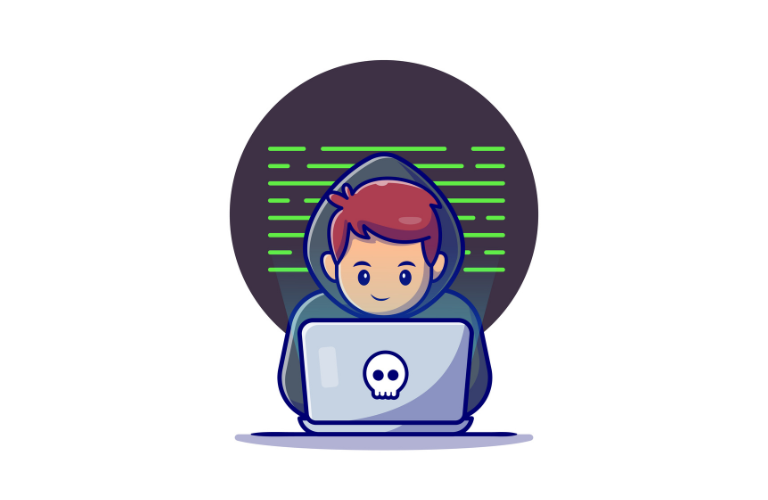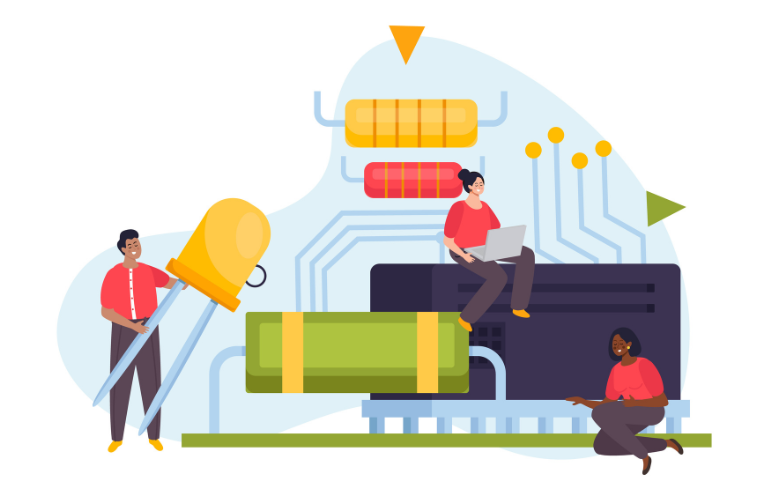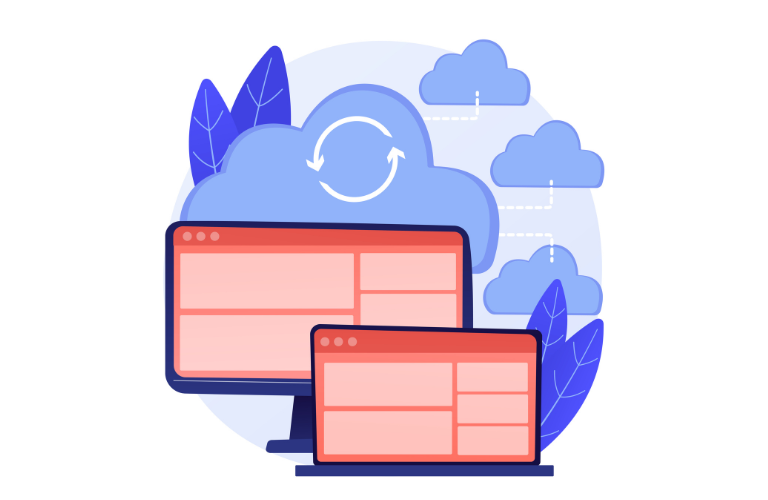AI agents in PHP are changing the game for developers. These smart tools automate tasks, save time, and unlock new possibilities—all within the PHP ecosystem you already use. Whether you’re managing a website, aggregating data, or creating APIs, AI agents in PHP can make your work faster and smarter. This guide walks you through building them step-by-step, with practical code, benefits, and growth tips. Let’s dive in!
Table of Contents
What Are AI Agents in PHP?
AI agents in PHP are programs that use artificial intelligence to handle tasks independently. Picture a helper that takes a goal—like “fetch and summarize tech news”—and figures out how to do it. They plan, execute, and deliver results, all coded in PHP. With over 70% of websites running on PHP, integrating AI agents opens doors to automation without leaving your comfort zone.
The Benefits of AI Agents:
- Time Savings: Automate repetitive tasks like data collection.
- Scalability: Handle more work without extra effort.
- Learning Growth: Master AI skills while sticking to PHP.
Why Build AI Agents in PHP?
PHP’s versatility makes it perfect for AI agents. You can embed them in web apps, cron jobs, or backend scripts. Plus, tools like OpenAI’s API make AI accessible—no PhD required. Imagine building an agent to monitor trends or process user inputs. The payoff? Less manual work, happier clients, and a chance to grow your skills in a booming field.
Setting Up Your Environment
To build AI agents in PHP, start with these essentials:
- PHP 7.4+: For speed and modern features.
- Composer: Install dependencies with composer install.
- OpenAI API Key: Sign up at OpenAI for AI muscle.
Install an HTTP client for API calls:
composer require guzzlehttp/guzzleSecure your API key using a .env file:
require 'vendor/autoload.php';
use Dotenv\Dotenv;
$dotenv = Dotenv::createImmutable(__DIR__);
$dotenv->load();
$apiKey = $_ENV['OPENAI_API_KEY']; This keeps your agent safe and ready to roll.
Simple Implementation: Fetching Data
Let’s build a basic AI agent in PHP to fetch webpage content—a foundation for smarter tasks. Here’s the code:
use GuzzleHttp\Client;
$client = new Client();
$url = "https://example.com";
$response = $client->get($url);
$content = $response->getBody()->getContents();
echo $content; Add caching to improve efficiency:
$cacheFile = 'cache_page.txt';
if (file_exists($cacheFile) && (time() - filemtime($cacheFile)) < 3600) {
$content = file_get_contents($cacheFile);
} else {
$content = $client->get($url)->getBody()->getContents();
file_put_contents($cacheFile, $content);
}
echo $content; Suggestion: Set a cache timeout (e.g., 3600 seconds) to balance freshness and speed.
Growth Tip: Experiment and Learn
Start small with this fetcher, then grow. Try fetching multiple URLs or filtering specific tags. Each tweak teaches you more about AI agents in PHP and boosts your portfolio. Communities like GitHub or Stack Overflow can inspire new ideas—dive in!
Benefits of This Approach:
- Cuts manual work.
- Improves load times via caching.
- Lays the foundation for advanced features like summarizing content or analyzing data.
Powering Up AI Agents in PHP with Smarts
You’ve got an AI agent in PHP that fetches and caches webpage content (from Part 1). Now, let’s make it truly smart by adding AI processing. This part shows you how to summarize content, categorize it, and use shortcuts to save time—all while exploring benefits and growth opportunities.
Adding AI with OpenAI API
To make your agent intelligent, connect it to OpenAI. Using the cached content from Part 1, we’ll summarize it:
use GuzzleHttp\Client;
$client = new Client();
$apiKey = $_ENV['OPENAI_API_KEY'];
$content = file_get_contents('cache_page.txt');
$payload = [
'model' => 'gpt-3.5-turbo',
'messages' => [
['role' => 'user', 'content' => "Summarize this in 50 words: $content"]
],
'max_tokens' => 60
];
$response = $client->post('https://api.openai.com/v1/chat/completions', [
'headers' => [
'Authorization' => "Bearer $apiKey",
'Content-Type' => 'application/json'
],
'json' => $payload
]);
$summary = json_decode($response->getBody(), true)['choices'][0]['message']['content'];
echo "Summary: $summary"; Shortcut: Clean Content First
Sending raw HTML wastes resources. Pre-filter it with PHP’s DOMDocument:
$doc = new DOMDocument();
@$doc->loadHTML($content);
$body = $doc->getElementsByTagName('body')->item(0);
$cleanText = strip_tags($body->textContent);
$payload['messages'][0]['content'] = "Summarize this in 50 words: $cleanText"; Suggestion: Target specific tags (e.g., <p>) for precision.
Advanced Method: Categorize and Analyze
Add categorization capabilities:
$payload['messages'][0]['content'] = "Summarize this in 50 words and categorize as tech, AI trends, or news: $cleanText"; The response might be: “AI breakthroughs in 2025 boost automation. Category: AI trends.”
Handling Errors Smartly
APIs aren’t perfect—add a fallback:
try {
$response = $client->post('https://api.openai.com/v1/chat/completions', [ ... ]);
$summary = json_decode($response->getBody(), true)['choices'][0]['message']['content'];
} catch (Exception $e) {
$summary = "Error: Couldn't summarize.";
}
echo "Result: $summary"; Benefits of Smart AI Agents in PHP
Why Bother?
- Efficiency: Process data quickly.
- Flexibility: Adapt agents for any task—summaries, searches, etc.
- Competitive Edge: Add cutting-edge features to projects.
Growth Suggestions
Take your agents further:
- Multi-Tasking: Fetch/process multiple URLs.
- Database Integration: Store summaries in MySQL.
- User Input: Let users set goals via forms.
Join forums like GitHub or Stack Overflow for inspiration!
Time-Saving Command Example
Fetch/summarize multiple pages efficiently:
$urls = ['https://example1.com', 'https://example2.com'];
foreach ($urls as $url) { ... }Wrap-Up
Building AI agents in PHP is simpler than you think! Start small with fetching data, add intelligence using APIs like OpenAI, and expand capabilities over time. You’ll save time, impress users, and boost your skills.
FAQs About Building AI Agents in PHP
1. What are AI agents in PHP?
AI agents in PHP are programs that use artificial intelligence to automate tasks like fetching data, summarizing content, or making decisions. They combine PHP’s web power with AI tools like OpenAI to work independently, saving developers time and effort on repetitive jobs.
2. How do I start building AI agents in PHP?
To build AI agents in PHP, set up PHP 7.4+, install Composer, and get an OpenAI API key. Use a library like Guzzle to fetch data and connect to the API. Start with simple tasks—like grabbing webpage text—then add AI features like summarization, as shown in our guide.
3. Do I need AI experience to create AI agents in PHP?
No! You don’t need deep AI knowledge. Tools like OpenAI’s API handle the heavy lifting. If you know PHP basics—variables, loops, and APIs—you can build AI agents in PHP. Our guide’s code examples make it beginner-friendly.
4. What can AI agents in PHP do for my projects?
AI agents in PHP can automate data collection, summarize articles, categorize content, or even respond to users. They’re great for news sites, e-commerce, or analytics tools—cutting manual work and boosting efficiency while adding smart features to your apps.
5. Are AI agents in PHP expensive to build?
Not really. PHP is free, and libraries like Guzzle are open-source. You’ll need an API key (e.g., OpenAI starts at $0.50 per 1K tokens), but caching data (as shown in the article) keeps costs low. Start small to test without breaking the bank.
6. How can AI agents in PHP help me grow as a developer?
Building AI agents in PHP teaches you API integration, automation, and problem-solving. You’ll gain skills in a hot field—AI—while sticking to PHP. Experimenting with agents can also beef up your portfolio, opening doors to bigger projects or jobs.




